For Algeria’s rapidly growing chocolate, confectionery, and bakery industries, the quality of cocoa liquor determines much more than just flavor—it defines the consistency, aroma, and overall performance of every end product. In industrial production, where consistency and efficiency drive profitability, the choice of cocoa liquor supplier becomes a strategic decision rather than a simple purchasing task.
Cocoa liquor, also known as cocoa mass or unsweetened chocolate, forms the backbone of numerous applications—from molded chocolate and coatings to fillings, beverages, and bakery glazes. The product’s quality directly impacts production yield, fat crystallization behavior, and mouthfeel. For Algerian manufacturers, particularly those targeting export-grade confectionery or competitive domestic production, sourcing from a reliable supplier ensures uniformity, operational efficiency, and product excellence.
At MT Royal, we’ve worked closely with manufacturing facilities across North Africa, helping them access high-quality cocoa liquor from trusted global brands. Through this experience, we’ve seen how strategic sourcing decisions can reduce waste, stabilize flavor consistency, and even improve throughput. Premium European brands like Latamarko—renowned for their Spanish engineering precision and consistent product quality—are setting benchmarks for industrial chocolate bases.
This comprehensive guide explores every aspect of cocoa liquor sourcing in Algeria—from fundamentals and quality considerations to supplier evaluation, industrial challenges, and brand recommendations tailored to factory operations.
Understanding Cocoa Liquor: The Foundation of Chocolate Production
Cocoa liquor is produced by grinding roasted cocoa nibs into a thick, smooth paste that naturally contains about 50–55% cocoa butter. It is the primary building block of both chocolate and cocoa-derived products. While it contains no added sugar, its balance between solid cocoa particles and natural fat makes it ideal for blending in confectionery production.
Industrial buyers in Algeria typically differentiate between natural cocoa liquor and alkalized (or Dutch-processed) cocoa liquor. The former offers an intense, acidic chocolate flavor with deep aromatic profiles, while the latter provides a milder taste and darker color, preferred for certain coatings and bakery fillings. Understanding which variant aligns with your production goals is the first step in effective procurement.
High-grade cocoa liquor ensures:
- Better flow and tempering behavior in chocolate lines.
- Stable fat crystallization, reducing production waste.
- Consistent flavor across multiple production batches.
The Growing Demand for Cocoa Liquor in Algeria
Algeria’s chocolate and confectionery market has evolved substantially in the last decade, driven by rising consumer demand, diversification of food manufacturing, and export ambitions. Local production has expanded from small artisanal facilities to large-scale automated plants, each requiring consistent, high-quality cocoa inputs.
According to regional trade analyses, cocoa liquor imports into North Africa—especially Algeria and Tunisia—have seen steady growth of 8–10% annually. This is largely due to the rise of industrial chocolate processing, compound coatings, and ready-mix beverage applications. Manufacturers are increasingly seeking suppliers who can provide not just volume but reliability—ensuring consistent quality even under fluctuating raw material markets.
Key Considerations When Choosing a Cocoa Liquor Supplier
Selecting the right supplier in Algeria’s competitive industrial landscape goes beyond price. The following technical and operational criteria are vital for any procurement officer or production manager:
a. Product Consistency
Cocoa liquor must maintain a uniform flavor, particle size, and fat ratio. Even minor variations can cause tempering issues or texture inconsistencies in chocolate lines.
b. Origin and Bean Quality
Suppliers using West African or South American beans deliver different flavor intensities. For Algerian production plants focused on European-style chocolate profiles, blends from Ghana, Ivory Coast, or Ecuador are often preferred.
c. Packaging and Storage Solutions
Industrial buyers should prioritize suppliers who offer cocoa liquor in block, chip, or liquid form, depending on their processing setup. Reliable logistics and temperature-controlled delivery prevent fat bloom and flavor degradation.
d. Supplier Support
Technical guidance, recipe optimization, and supply-chain stability are essential. At MT Royal, we’ve observed how manufacturers benefit when suppliers provide not just ingredients but process compatibility insights, helping streamline production lines.
Industrial Benefits of Premium Cocoa Liquor
Cocoa liquor plays a crucial role in the efficiency of industrial chocolate manufacturing. Using premium-grade liquor yields tangible benefits across production stages:
| Parameter | Impact on Production |
|---|---|
| Particle uniformity | Enhances smoothness and coating behavior |
| Controlled fat content | Reduces formulation variability |
| Stable flavor profile | Improves product reproducibility |
| Lower moisture | Extends shelf life of finished goods |
| Consistent viscosity | Optimizes flow in automated systems |
Factories working with stable, certified cocoa liquor often report:
- Up to 12% improvement in yield due to better flow properties.
- Reduced downtime during tempering and molding.
- Enhanced customer satisfaction from flavor consistency.
These performance advantages explain why Algerian plants aiming for export compliance or ISO certifications invest heavily in supplier reliability rather than cost minimization alone.
Common Procurement Mistakes and How to Avoid Them
Even experienced procurement teams can fall into pitfalls when sourcing cocoa liquor:
- Focusing solely on price per ton: Low-cost batches may hide higher impurity levels, affecting flavor uniformity.
- Ignoring melt profile data: Each liquor has a unique cocoa butter crystallization curve that affects production speed.
- Overlooking logistics conditions: Cocoa liquor exposed to fluctuating temperatures during transport can suffer fat bloom before reaching your facility.
- Failing to test compatibility: Always request trial samples to test performance under your plant’s specific conditions.
We’ve seen cases where small adjustments—like switching to a supplier offering controlled particle-size distribution—reduced viscosity issues and saved significant time in conching.
MT Royal: A Reliable Partner for Industrial Cocoa Liquor Supply
At MT Royal, we understand the complexities of industrial ingredient procurement. Our role goes beyond simple distribution—we act as a strategic sourcing partner for manufacturers across North Africa.
We supply cocoa liquor and derivatives from multiple trusted international brands, ensuring manufacturers receive:
- Consistent quality aligned with their process parameters.
- Competitive pricing structures suited for bulk orders.
- Access to both natural and alkalized cocoa liquor options.
- Technical guidance on blending and compatibility with fat systems.
Having supplied numerous chocolate and confectionery plants, we’ve witnessed firsthand how a reliable cocoa liquor partner can stabilize production cycles, minimize formulation errors, and enhance overall profitability.
Spotlight on Latamarko: The Premium Spanish Standard
When discussing precision and reliability in cocoa liquor, Latamarko deserves a special mention. Spanish engineering and process control have long been admired in the global food industry, and Latamarko exemplifies this legacy.
Manufacturers using Latamarko’s cocoa liquor often highlight:
- Uniform fineness and stable fat content, ideal for high-speed molding lines.
- Clean, deep flavor tones compatible with both milk and dark chocolate production.
- Excellent storage stability, crucial for hot climates like Algeria’s.
In our experience, factories transitioning to Latamarko’s liquor reported notable improvements in viscosity control and reduced conching time—two critical efficiency parameters for industrial production lines. While it represents a premium tier, the long-term operational consistency often offsets the initial price difference.
Sustainability and Supply Chain Transparency
Modern manufacturing in Algeria is increasingly shaped by sustainability demands. International buyers and certification bodies now expect traceable sourcing and ethical production. Cocoa liquor suppliers aligned with such values not only strengthen brand reputation but also open export opportunities.
Sourcing from suppliers who support Fairtrade, Rainforest Alliance, or UTZ certifications ensures compliance with global sustainability standards. Additionally, traceable supply chains help mitigate risks associated with unethical labor or inconsistent bean sourcing.
At MT Royal, we prioritize working with suppliers who maintain transparency throughout their production networks, offering detailed product specifications and origin documentation—elements that make audits and quality validations smoother for Algerian manufacturers.
Practical Tips for Factory Procurement Teams
To ensure optimal sourcing outcomes, factory and procurement managers can follow a few actionable steps:
- Benchmark suppliers by sampling different cocoa liquors and testing flow and flavor parameters in your actual production setup.
- Evaluate storage needs: Cocoa liquor should be stored in cool, dry facilities—ideally below 25°C—to maintain stability.
- Negotiate batch consistency clauses in supply contracts. This ensures uniform product characteristics throughout your yearly production cycle.
- Integrate supplier relationships into quality management systems—linking procurement and production feedback loops for continuous improvement.
- Consider regional distributors like MT Royal who can balance international sourcing with local logistical efficiency.
Frequently Asked Questions (FAQ)
Q1: What is the ideal cocoa liquor specification for industrial chocolate production?
A: Most facilities prefer cocoa liquor with particle fineness below 20 microns, low moisture (<1%), and stable cocoa butter content (~54–56%).
Q2: How can suppliers ensure consistent quality?
A: Through standardized roasting, particle grinding control, and certified origin sourcing.
Q3: Is there a performance difference between African and South American liquor?
A: Yes—African liquors (especially from Ghana and Ivory Coast) deliver stronger flavor intensity, while South American ones are milder and more aromatic.
Q4: Why should Algerian factories source locally via distributors?
A: Local distributors like MT Royal streamline import logistics, manage customs, and provide technical after-sales support—saving both time and cost.
Looking Ahead: The Future of Cocoa Liquor Supply in Algeria
The Algerian manufacturing ecosystem is evolving quickly. With rising production automation and export ambitions, ingredient traceability and supplier reliability will only grow in importance. Manufacturers who secure strong, transparent supply partnerships today will hold a clear competitive advantage in the coming decade.
As Algeria strengthens its position in the regional confectionery market, premium brands—especially those integrating European precision like Latamarko—will continue to define the upper segment of industrial chocolate formulations. Meanwhile, strategic sourcing partners such as MT Royal remain key enablers of this transformation, ensuring manufacturers have consistent access to quality, efficiency, and innovation.
Final Thought
Cocoa liquor sourcing is not a one-time transaction—it’s a long-term operational strategy that influences product quality, factory performance, and brand reputation. Choosing the right supplier ensures not only better chocolate but a stronger, more efficient manufacturing ecosystem.
At MT Royal, we believe in empowering manufacturers through dependable ingredient partnerships, practical insights, and access to world-class brands. Because when the foundation—your cocoa liquor—is strong, everything built upon it performs better.
latamarko alkalized cocoa powder lm60
cocoa powder for chocolate production-Best price
Food industry raw materials – list of products
Types of Gelatin from Turkish Manufacturer
Alkalized Cocoa Powder Bulk Supplier


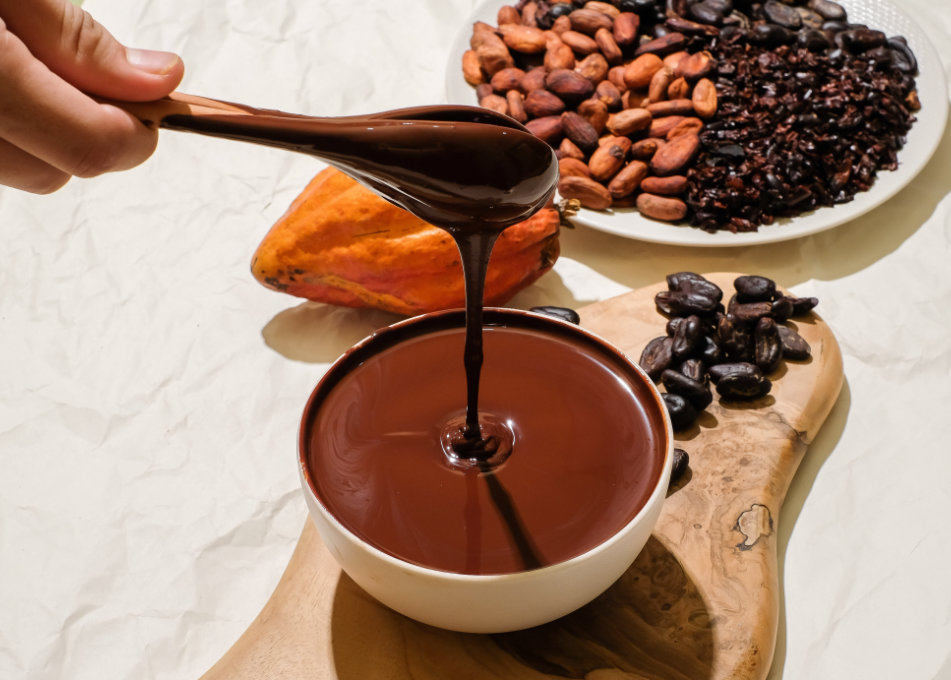
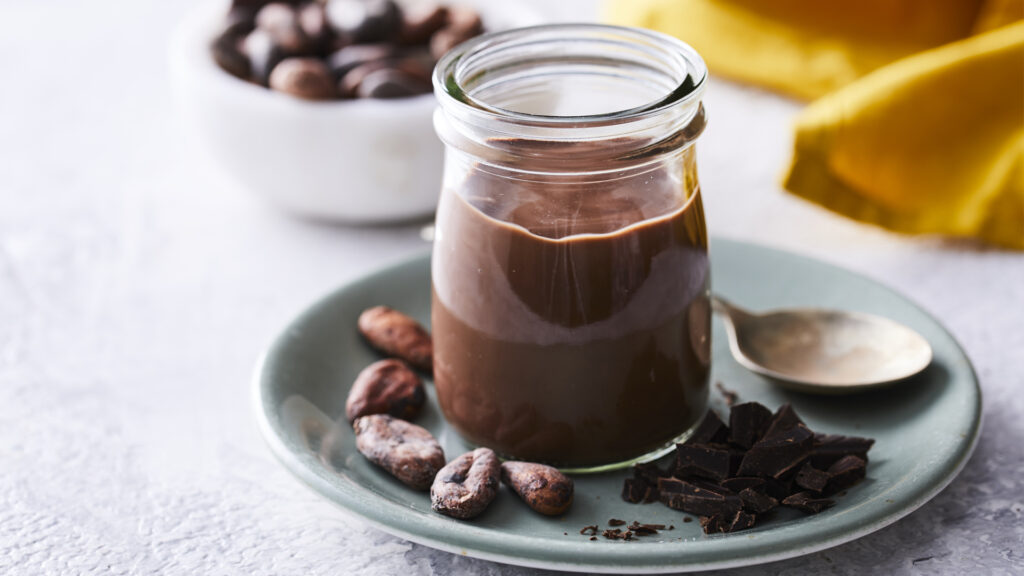
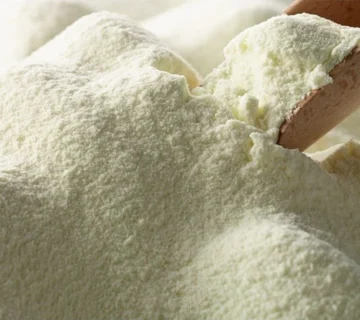
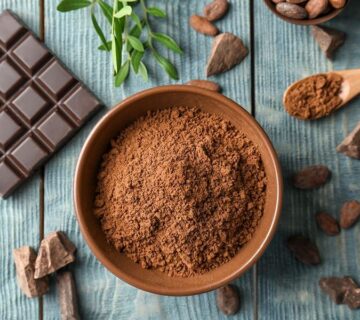
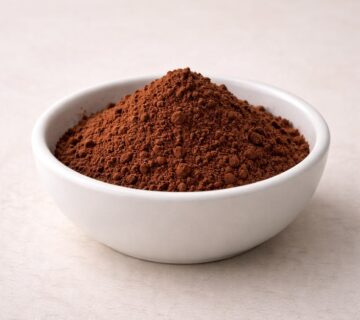
No comment